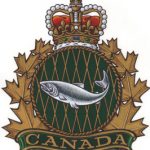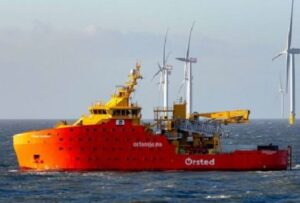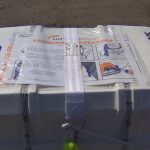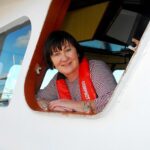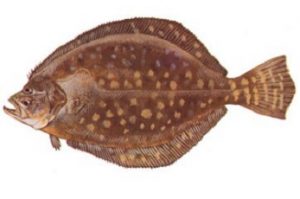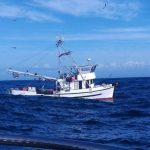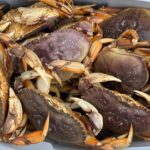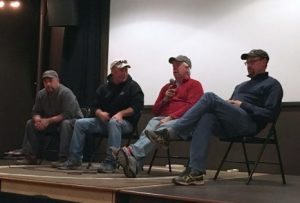SEA-NL calls on DFO to delay mandatory introduction of electronic logbooks
 March 3rd, 2023 – Seaward Enterprises Association of Newfoundland and Labrador (SEA-NL) is calling on Fisheries and Oceans to delay the mandatory introduction of electronic logbooks (ELOGS) until concerns are addressed about the security of personal information and commercial catch data.
March 3rd, 2023 – Seaward Enterprises Association of Newfoundland and Labrador (SEA-NL) is calling on Fisheries and Oceans to delay the mandatory introduction of electronic logbooks (ELOGS) until concerns are addressed about the security of personal information and commercial catch data.
“Red flags have been raised over the security of highly valuable catch data and personal information,” says Ryan Cleary, SEA-NL’s Executive Director. “The federal government must ensure Canadians that the country’s food supply is secure, commercial sensitive catch data will remain with owner-operators and fleets, and that individual privacy is protected.”
The federal Department of Fisheries and Oceans (DFO) has said ELOGs — an application downloaded to an enterprise owner’s cellphone or computer device — will be mandatory starting in 2024, and will allow the department to collect more timely and accurate catch data.
Instead of writing catch information into a more traditional paper logbook — which must be submitted to DFO at the end of a season, and the data manually inputted — owner-operators, for example, would type data into the ELOG on their cell while at sea.
The information would be sent directly to DFO when the device is within range.
The ELOGS, which are available now on a voluntary basis, currently collect catch data on lobster and snow crab at a cost of between $60-$65 a year per species. That cost will rise, however, as more species are added — including cod as early as this summer.
DFO did not develop the ELOG technology, but farmed it out to third-party developers as a “tremendous opportunity” given the market of 80,000 commercial fishing licenses across Canada.
Concerns have been raised with SEA-NL about how DFO will use the information collected, as well as over the security of commercial sensitive catch data collected by private companies on commercial fisheries.
“It’s not good enough that DFO has left it to the private companies selling ELOGS to answer questions,” said Cleary.
“Equally as concerning is that DFO is ramming the technology down the throats of enterprise owners and expecting them to pay the full cost, and who knows that will be when all is said and done,” said Pam Patten, President of SEA-NL.
DFO has certified two companies — Jobel, a Quebec-based non-profit company owned by a fishermen’s organization there, and Vericatch, a British Columbia-based private-sector company — to sell the applications.
Jobel’s software application is for lobster only, while Vericatch’s software is for lobster and snow crab.
While Jobel has been endorsed by the FFAW-Unifor, Vericatch’s senior manager of business development is Robert Keenan, the union’s former secretary-treasurer.
Keenan has been holding meetings around the province, and was in Gander last weekend, Feb. 25th, to give a presentation to SEA-NL’s AGM.
DFO was asked to send a representative to speak on ELOGS, but the department declined.
Contact Ryan Cleary 682 4862


































